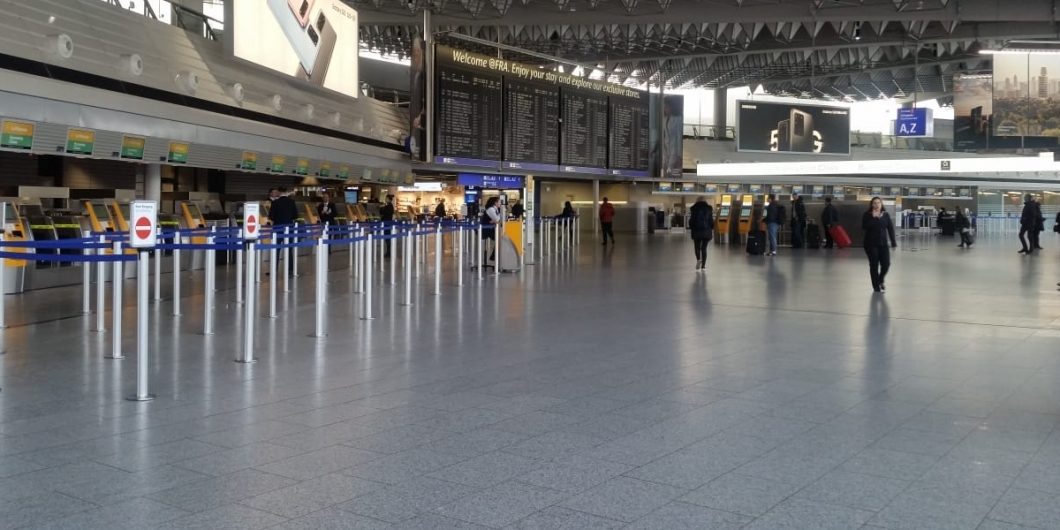
BARIG on the Further Spread of COVID-19: Present Political Aid is Supportive, but Insufficient
• Progressing COVID-19 pandemic poses threat to livelihoods
• Ensure liquidity of airlines and functionality of all system partners
• No restrictions on air freight and logistics to avoid supply shortages
• Clarity regarding rights of air passengers
Frankfurt am Main, March 18, 2020. The Board of Airline Representatives in Germany (BARIG), the joint representative body of more than 100 airlines operating in Germany, welcomes the constructive dialogs between the Federal Ministries of Economic Affairs and of Transport and the aviation industry this week. Immediate aid measures announced by the Federal Government, such as the adaptation of eligibility criteria for short-time work compensation, contribute to urgent alleviation in the sector. Just as crucial for airlines is the 80/20 regulation waiver, supported by German politics and planned by the EU, in order to preserve existing slots.
However, BARIG strongly emphasizes that these measures alone are insufficient given the tremendous challenges of the situation. The board specifically demands:
Preservation of liquidity as well as federal tax and charge exemptions
Aid credits as well as tax and charge deferrals announced by the government are a move into the right direction. Moreover, the extent and necessity of federal charges and taxes (such as aviation security fees) in general require a thorough re-examination. Repayment criteria also have to be feasible and must not lead to existential liquidity deficits at a later stage. Once the crisis subsides, airlines and the aviation industry must be enabled to resume operations under conditions reasonable and appropriate to the market and the circumstances. To this end, long-term credit lines and significant cuts in taxes and charges must be implemented in order to restore stability in the market.
Ensuring the functionality of the system partners of air cargo infrastructures
Now more than ever, air traffic is an essential guarantor of crisis management. Freight operations and a reliable supply chain of goods and commodities are crucial in the current exceptional situation. A functioning circulation of goods depends substantially on numerous partners. Public policy and its authorities must ensure that relevant stakeholders can fully continue their work during this crisis. This involves airports, border customs, handling agents, logistics companies, authorities and enterprises responsible for air traffic safety, as well as German air traffic control (DFS). Failing to do so would mean a complete cessation of freight, goods and air traffic, with direct and largely incalculable consequences for public supplies. In this context, night flight bans must be suspended or applied with great flexibility in order to maintain supply and delivery chains during such extreme times.
COVID-19 as exceptional circumstance: there must be clarity on air passenger rights
Airlines are in dire need of clarity from politicians regarding air passenger rights. The progressing pandemic represents a highly exceptional extreme situation. Accordingly, the compensation stipulated in the EU Regulation 261/2004 cannot and must not take effect under this exceptional circumstance.
BARIG Secretary General Michael Hoppe comments: "Due to the crisis arising from the expanding COVID-19 pandemic, air traffic is facing an unprecedentedly threatening situation. At stake are the existence of companies, places of employment and, linked to that, mobility connectivity, economic strength and guarantee of trade and supply chains in Germany and Europe. Politics must therefore follow up with further sustainable decisions and actions - at state, federal and European level".

